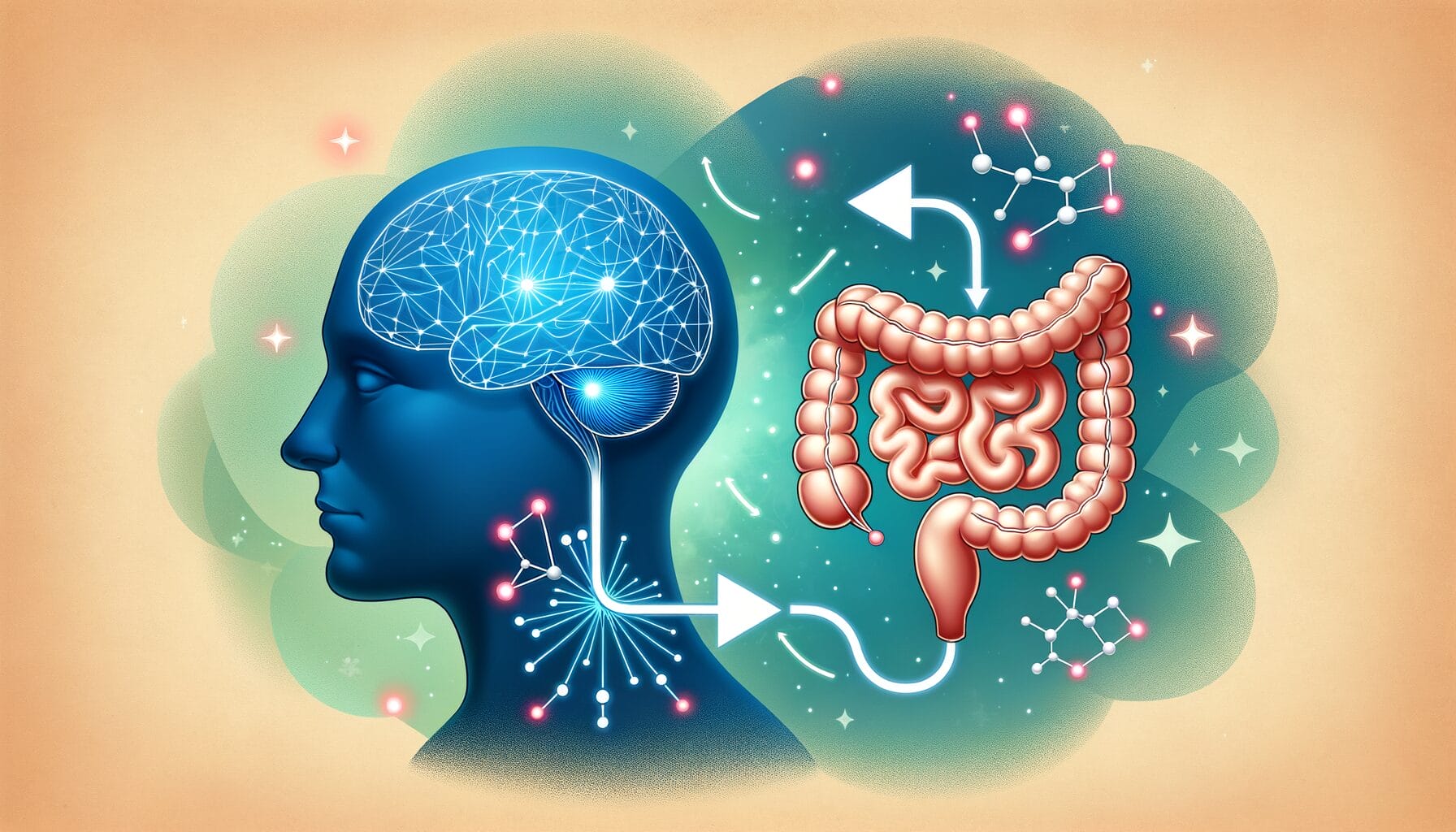Unravelling the Role of Serotonin in Gut-Brain Communication: A Mental Health Perspective
Our understanding of mental health has evolved over the years, and one aspect that has gained significant attention is the intricate relationship between our brain and gut. Central to this dialogue is serotonin, a neurotransmitter that serves multiple functions within our body. In this article, we will explore the role of serotonin in gut-brain communication and its implications for mental health, particularly in the context of counselling services in St. Albert, Alberta.
The ‘Feel Good’ Hormone: An Overview of Serotonin
Commonly referred to as the ‘feel good’ hormone, serotonin is a neurotransmitter responsible for transmitting signals between nerve cells. It plays a critical role in regulating mood, appetite, sleep, and cognitive functions such as memory and learning. A disruption in the balance of serotonin levels is often associated with mental health disorders like depression and anxiety, underscoring its importance in maintaining mental wellness.
The Gut-Brain Axis: A Detailed Examination
The gut-brain axis is a bi-directional communication system that connects the central nervous system with the enteric nervous system of the gut. This communication plays a crucial role in maintaining homeostasis and significantly influences our mental health. Understanding this dialogue is essential in the field of mental health counselling, particularly for practitioners in Saint Albert, Alberta.
Decoding Serotonin’s Role in Gut-Brain Communication
Serotonin is a major player in the gut-brain dialogue. It is produced both in the gut and the brain, and any imbalance can disrupt this communication, potentially leading to various mental health issues. This makes understanding serotonin’s role in gut-brain communication vital for psychologists and counsellors.
Understanding the Complex Relationship Between Mental Health and Serotonin
The influence of serotonin on mental health is multifaceted. It plays a key role in mood regulation and cognitive functions. Disruptions in serotonin levels can result in mental health disorders such as depression, anxiety, and more. This complex relationship underscores the importance of serotonin in mental health and the need for its consideration in counselling and therapy.
One of the areas we do not currently have working for us is a nutritionist, but we can see that the importance of the gut and what we feed our bodies can have a important part to play in our mental health. Though we cannot recommend certain foods as psychologists, we can have you reflect on what you are eating and help you to investigate whether there could be a connection between your eating habits and your moods.
A Mental Health Perspective on the Gut-Brain Dialogue
The gut-brain dialogue has a profound impact on mental health. Serotonin, as a key player in this communication, can significantly influence our mental well-being. Understanding this relationship can provide valuable insights into managing and treating mental health disorders, particularly in the context of individual and couples counselling.
Delving Deeper: Serotonin and the Gut-Brain Connection
The role of serotonin in the gut-brain interaction is complex and far-reaching. An imbalance in serotonin can disrupt this connection, leading to mental health issues. Understanding this relationship is crucial for effective mental health treatment and management, particularly for psychologists and counsellors in St. Albert, Alberta.
Unveiling the Connection: The Role of Serotonin in Mental Health
Serotonin’s role in mental health is significant. It is involved in mood regulation, cognitive functions, and gut-brain communication. Understanding this role can provide valuable insights into managing and treating mental health disorders, making it a critical factor in mental health counselling and therapy.
Conclusion
Understanding serotonin’s role in gut-brain dialogue is crucial for mental health. Further research in this area can provide valuable insights into the treatment and management of mental health disorders. At iMentalHealth Counselling Services, we are committed to supporting individuals in their mental health journey by providing resources and services tailored to their unique needs.
References
The information in this blog post is based on various research studies and may not reflect the exact treatment approach for each individual. Each person is unique, and at iMentalHealth Counselling Services, we strive to work with each person with a client-centered focus.
For more information or to book an appointment, please visit our website at https://imentalhealth.ca/, email us at admin@imentalhealth.ca, or call us at (780) 893-9091.
Written by Geordy, a Registered Psychologist and Director of iMentalHealth.




If you are unsure of which service area to book, you can simply book an individual or couples appointment and specify with your therapist in your intake what it is you are wanting to work on. Our categories are a way of helping explain our approach to different presenting issues. It is also not limited to these areas. Also if you are in need of immediate support please call the distress line or 811 to reach someone immediately. Thank you for visiting our site.